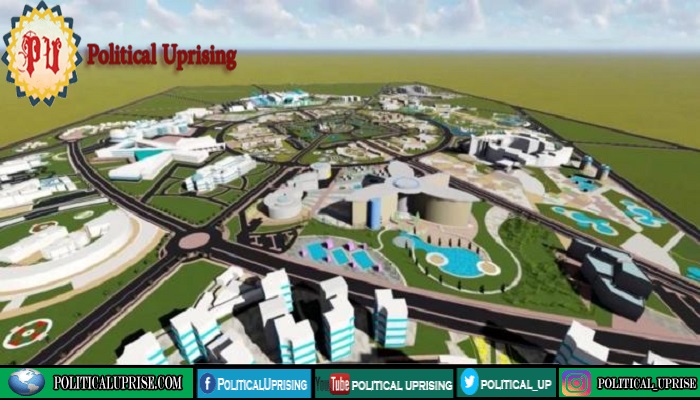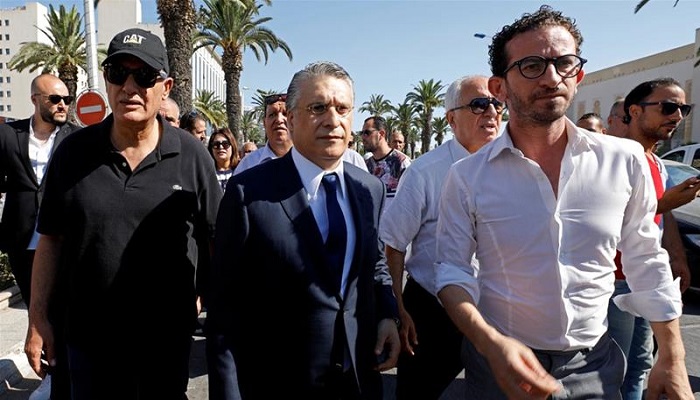Medical city project in Kairouan moved to the second phase, President Kais Saied announced at a meeting of the Steering Committee in charge of the project.
The project will be followed by two other medical cities in the south and north of the country, Saied indicated at this meeting attended by representatives of the General Directorate of Military Health and the General Directorate of Military Engineering, in addition to the representative of the Ministry of State Property and Land Affairs.
The Head of State praised the efforts exerted by the military institution to finish off the preliminary studies in record time, stressing the importance of this project, which will generate about 50 thousand jobs.
He added that this project will be implemented after the development of its general concept, affirming that several countries and international organisations have expressed their readiness to provide the necessary funds.
Tunisian Al Watania refuses to be part of parliamentary committee
The Aghlabid multidisciplinary Medical City project includes several medical specialties as well as a number of university spaces and an industrial space dedicated to the health sector in addition to a space for the production of renewable energies and an air medical evacuation unit, in accordance with the programme of the World Health Organisation (WHO).
The project also houses a health services area with a medical centre, a psychiatric centre, an autism centre, an emergency medical assistance centre, a multidisciplinary military clinic and two hotel units.
The Medical City in Kairouan, whose Arab-Muslim architecture will be inspired by the history of the city of the Aghlabids, will be built on approximately 300 hectares of land with a total estimated surface area of 550 hectares.
It will also house a university complex that includes a military academy of medicine, where education will be provided in three languages (Arabic, French and English), in addition to residential homes dedicated to the Higher Institute of Health, the simulation centre, the school of biotechnical engineering, a higher institute for health sciences and a residential city for executives.
Tunisian PM under pressure over conflict of interest allegations
The Medical City also includes a 53-hectare residential area, a tourist area, a commercial complex, multidisciplinary sports fields and a leisure and cultural complex with an indoor and outdoor theatre, clubs and cinemas.
The project also includes a public services area with a jogging place, kindergartens, nurseries, a primary school, a junior high school, a secondary school, security points, a one-stop-shop for administrative services, a mosque, banks, pharmacies and other services.



